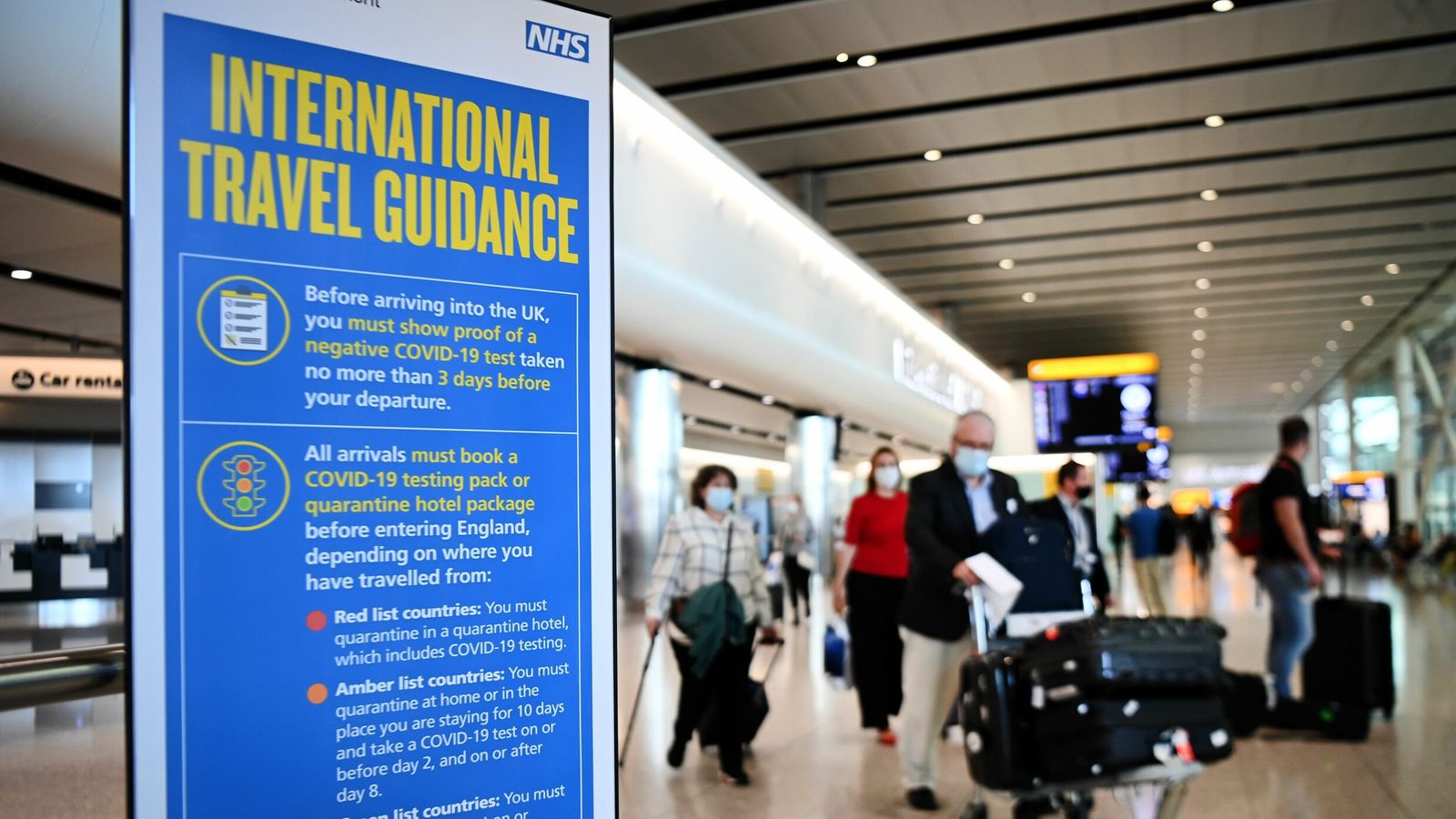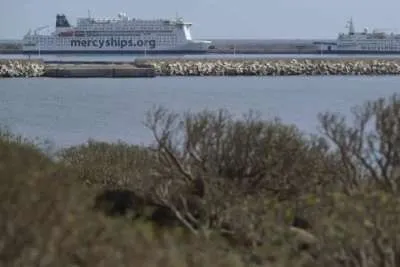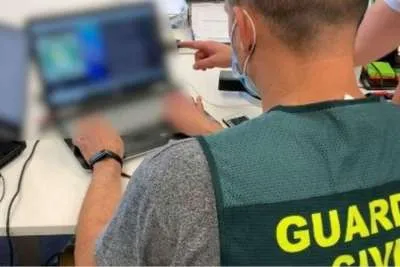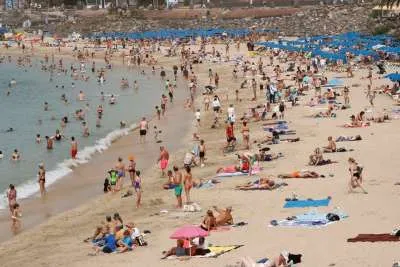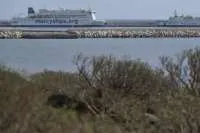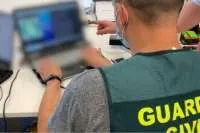When is next UK travel update? How will it affect me and my holiday?
- 13-07-2021
- National
- Canarian Weekly
Italy, Germany and Bulgaria are among the countries that could be added to the UK green list at this week’s travel review on Thursday, July 15th. The update will come just days before fully vaccinated residents in England will be allowed to travel to amber list countries, which currently includes the Canary Islands, without having to quarantine on their return home, which is expected to be a major boost for tourism.
However, the questions everyone wants to be answered are, which countries will be on the green list for travel, and will the UK Government change how they determine these countries due to the evolution of the pandemic and advancement of vaccinations, and of course, the fact that all restrictions are being lifted in England from Monday 19th July.
Here is everything you need to know about the announcement:
When is the next travel announcement?
The Government is reviewing the traffic-light system every three weeks which means that the next announcement should come on Thursday 15th July, with any changes coming into effect the following week, likely on Wednesday 21st July.
The Department for Transport has said: “These regular review points will allow the Government to balance helping the public to understand Covid requirements when travelling to England while allowing us to constantly evaluate the risk for different countries.”
Which countries could be added to the green list?
Robert Boyle, British Airways former strategy chief, claims to have cracked the algorithm the Government is using to decide the green list. He says that it includes 7-day incidence rates being below 20 per 100,000 inhabitants, and fewer than 1.5% of Covid tests returning positive results, as well as high vaccination rates.
By these metrics, there are 12 countries that could be added to the green list at the next review, which are Italy, Germany, Bulgaria, Poland, Austria, Switzerland, Slovakia, Latvia, Lithuania, Canada, Hong Kong and Taiwan.
Italy has only fully vaccinated 37% of its population, which is around half the UK’s rate. However, its case numbers are significantly lower. It recorded 1,391 new infections on Sunday (11th July), and has a seven-day infection rate of just 13 per 100,000 inhabitants.
Germany’s 7-day rate is even lower at just six per 100,000 people, and Bulgaria’s is at five, whereas Poland’s infection rate is one per 100,000 people, while Hong Kong is recording just one new case per day on average.
How the traffic-light system works:
The lists are decided based on the following criteria:
- The percentage of a country’s population that has been vaccinated.
- The rate of infection.
- The prevalence of variants of concern.
- The country’s access to reliable scientific data and genomic sequencing.
Here are the current rules for each list of the traffic light system:
GREEN: Arrivals will need to take a pre-departure test as well as a PCR test on or before day two of their arrival back into the UK, but will not need to quarantine on return (unless they test positive) or take any additional tests.
AMBER: Arrivals will need to quarantine for a period of 10 days and take a pre-departure test, as well as a PCR test on day two and day eight. There is the option to take an additional test on day five to end self-isolation early.
RED: Arrivals will be subject to restrictions currently in place for “red-list” countries which include a 10-day stay in a managed quarantine hotel, pre-departure testing and mandatory PCR testing on day two and eight.
PCR tests must be booked through one of the Government’s approved providers and are coming down in price. Some travel providers have heavily subsidised the costs, and home kits are available from around £50 each.
Amber list travel for fully vaccinated travellers:
The Government has confirmed that from July 19th, holidaymakers from the UK who have received two jabs from the NHS will no longer be required to self-isolate for 10 days on their return to England from destinations on the amber list. To qualify as fully vaccinated, he explained: “A full vaccination means 14 days have passed since your final dose of the vaccine.”
Transport Secretary Grant Shapps said under-18s will also be exempted from the requirement, and that the official guidance not to travel to countries on the amber list will be lifted from the same date. The change in travel advice is also bringing down the price of travel insurance, and making it more available when travelling to amber list countries.
It is strongly advised to get travel insurance when travelling during Covid, just in case one of your party tests positive and has to isolate, to cover health expenses and changes in travel costs.
People returning from holidays from amber destinations will still be required to take a Covid-19 test three days before returning home. Arrivals will also have to take a test on or before the second day of their return, as per the previous restrictions, but will be exempted from the day eight test.
Other articles that may interest you...
Trending
Most Read Articles
Featured Videos
TributoFest: Michael Buble promo 14.02.2026
- 30-01-2026
TEAs 2025 Highlights
- 17-11-2025


